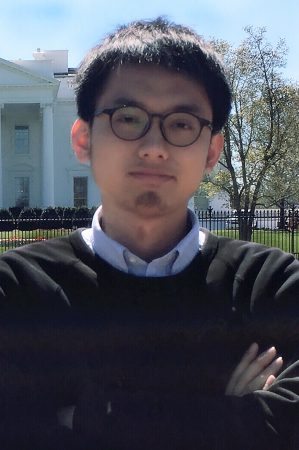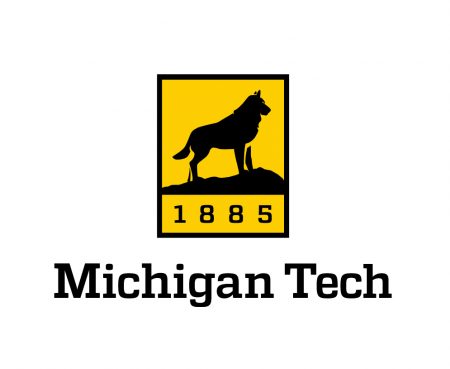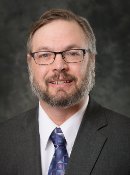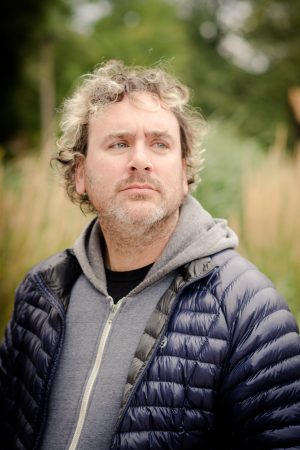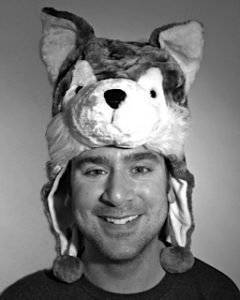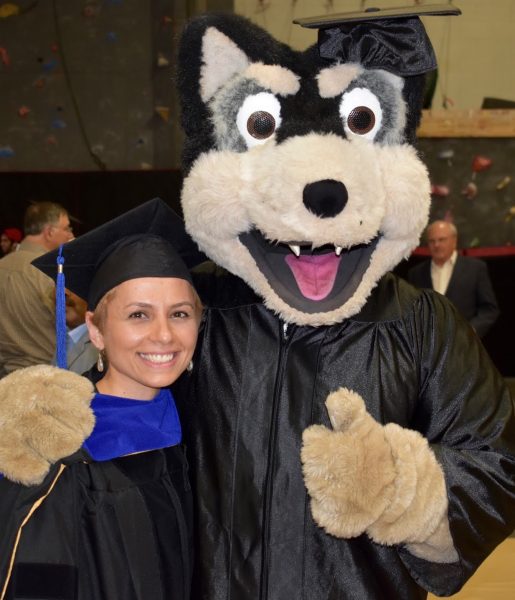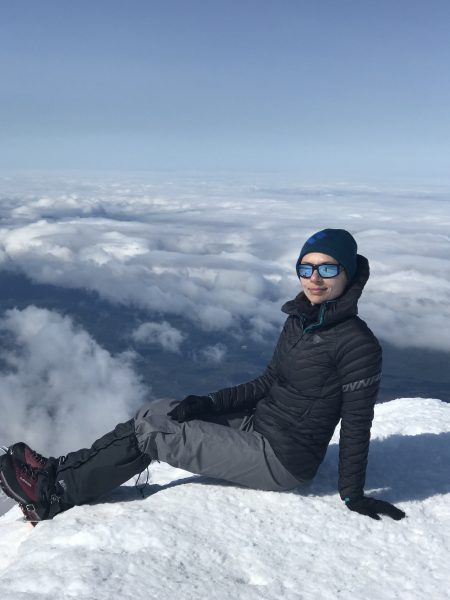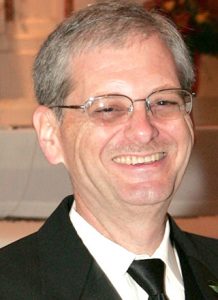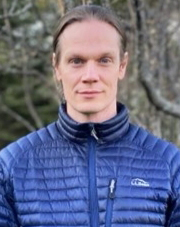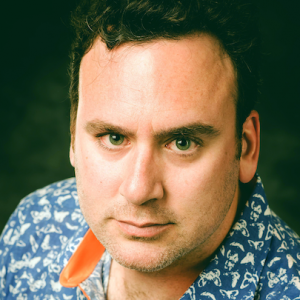An Immersive Exploration of Research Across Campus
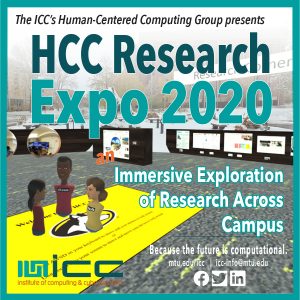
The ICC’s Human-Centered Computing group (HCC) will host its 3rd annual HCC Research Expo, November 12-13, 2020, in conjunction with World Usability Day 2020.
VR-Huskies, an exciting virtual social platform that leverages 360-degree panorama technology, is the venue for the 48-hour event. Projects, brief research talks, and lab tours will be available on demand for attendees to browse at leisure. The immersive experience will be available from Thurs., Nov. 12, at 9:00 a.m. too Fri., Nov. 13, at midnight.
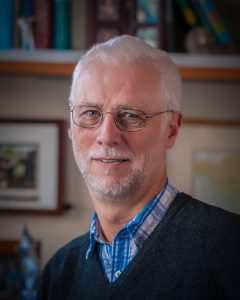
The HCC Expo concludes with a keynote lecture from leading accessible computing and design researcher Dr. Richard E. Ladner on Friday, November 13, at 1:00 p.m., via online meeting. Read more about Dr. Ladner here.
The aim of the annual HCC Expo is to showcase the interdisciplinary HCC research happening across campus, and to provide a a forum for Michigan Tech students to explore HCC research opportunities, tour labs, and engage in virtual discussions.
The Human-Centered Computing research group investigates a wide range of 21st century human-centered computing challenges, engaging faculty from computer science, psychology, engineering, and other Michigan Tech departments.
About VR-Huskies
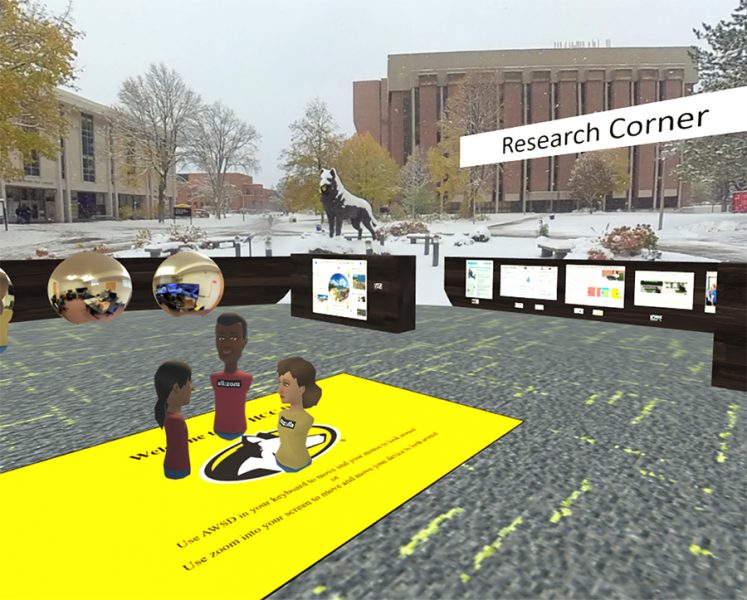
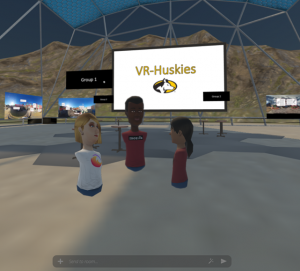
VR-Huskies is an active research project led by new faculty member, Assistant Professor Ricardo Eiris, Civil and Environmental Engineering, and sponsored by the College of Engineering. It is a custom implementation of Mozilla Hubs®, an open-source platform which creates custom dynamic representations of information.
Participants can enter the VR-Huskies site with minimal effort, interacting with up to 25 others as they explore the latest research developments in human centered computing at Michigan Tech. Registration is not required. VR Huskies is accessible on any device, including head-mounted displays, desktop computers, laptops, tablets, and mobile devices.
Eiris says that the goal of VR-Huskies is to deliver in-depth learning in a multitude of contexts, such as field trips, outreach events, and entrepreneurial activities, while engaging students in opportunities to apply critical thinking, collaboration, communication, and creativity.
Expected outcomes of the project include the implementation of a virtual learning environment in which Michigan Tech students can socially interact with STEM experiences and visit remote locations that are typically impossible to reach.
Ricardo Eiris received his Ph.D. in Design, Construction, and Planning from the University of Florida in August 2020. He is an educator and a researcher exploring the dynamics and implications of human-technology interactions within construction and engineering.
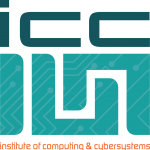
Founded in 2015, the Institute of Computing and Cybersystems (ICC) promotes collaborative, cross-disciplinary research and learning experiences in the areas of computing education, cyber-physical systems, cybersecurity, data sciences, human-centered computing, and scalable architectures and systems.
The Center for Human-Centered Computing (HCC) focuses on the research and development of novel interfaces for human-agent interaction, assistive technologies, intelligent health, computational modeling, and examining trust and decision making in distributed systems.
The Center is directed by Associate Professor Elizabeth Veinott, Cognitive and Learning Sciences, a cognitive psychologist who focuses on research in decision making and learning using serious video games.
